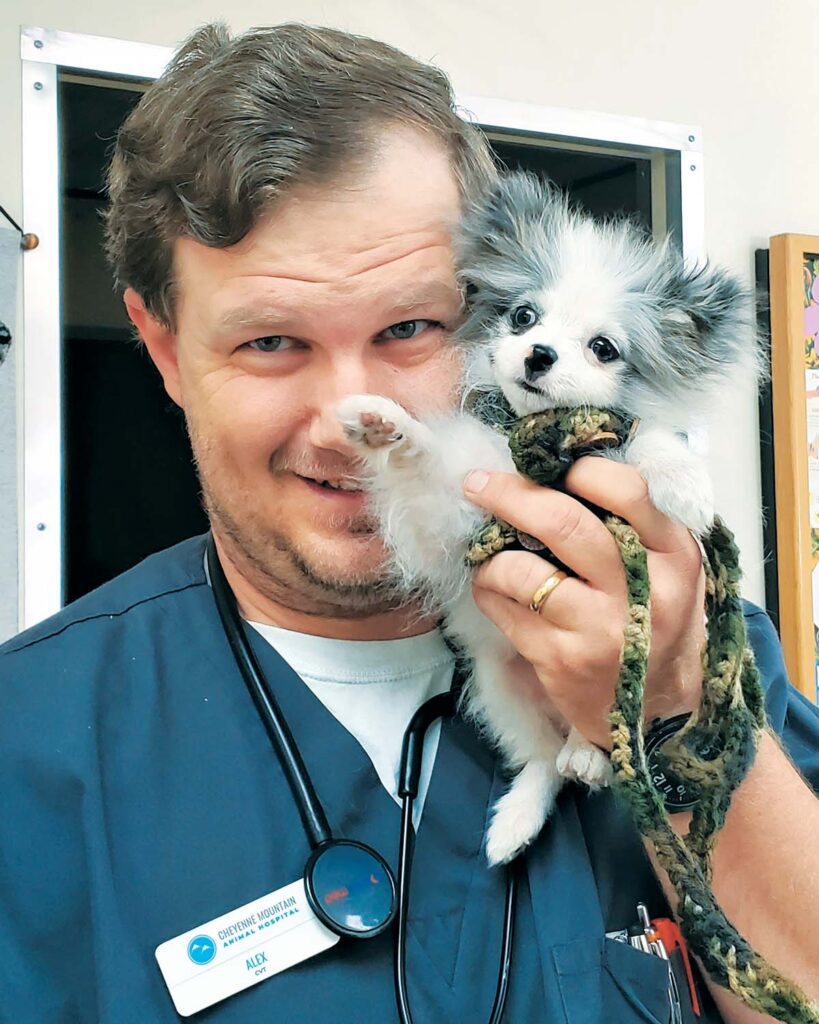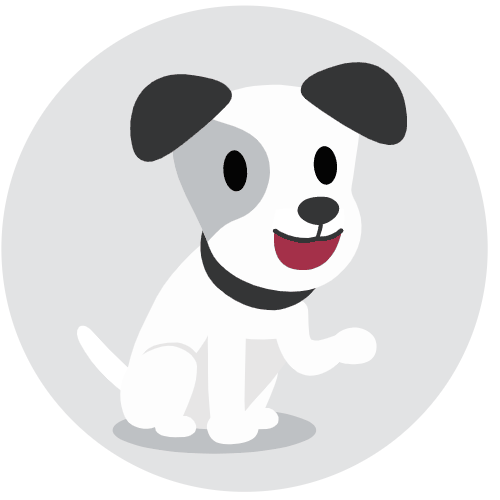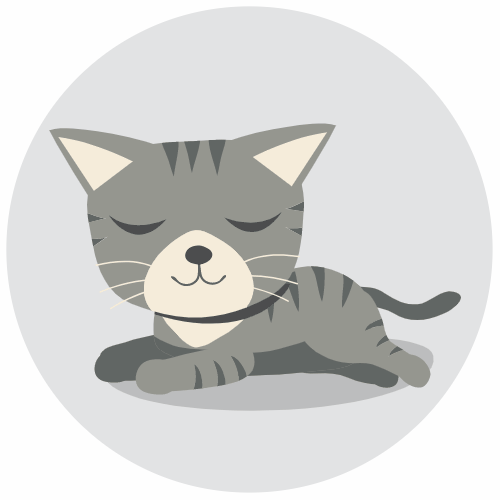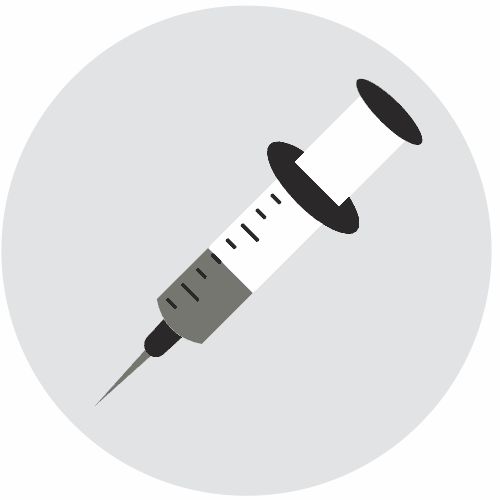At Cheyenne Mountain Animal Hospital, we can provide puppy and kitten care to ensure your new furry friend starts their life with you on the right track.
Our initial puppy and kitten care is comprised of three exams to enable our team to track your pet’s health over an extended period and provide the preliminary vaccinations they need to grow up healthy and strong.
Our experienced team of veterinarians can help set up your pet for a happy and healthy life and equip you with the information you need to care for your new puppy or kitten in the best possible way.
Your Pet’s Initial Series of Exams
At Cheyenne Mountain Animal Hospital, your puppy or kitten will have three initial exams, usually 3-4 weeks apart. Your veterinarian may tailor these exams to meet your pet’s specific needs, however, each of these exams will assess your puppy or kitten’s development and provide immunizations to help your pet maintain their health.
EXAM ONE
This exam usually takes place when puppies or kittens are about 8 weeks old, but if your pet is under 1 year of age, this exam occurs when they first visit our animal hospital. Your veterinarian will evaluate their growth and administer the following vaccines:
Kitten Vaccines
- FVRCP (Feline Viral Rhinotrachetitis, Calici virus, Panleukopenia) #1
- Deworming #1
Puppy Vaccines
- DA2PP (Distemper, Adenovirus, Parvovirus and Parainfluenza)
- Deworming
EXAM TWO
Around 12 weeks old, the second exam occurs so that your veterinarian can once again assess your pet’s growth and provide the following puppy and kitten shots:
Kitten Vaccines
- FVRCP (Feline Viral Rhinotrachetitis, Calici virus, Panleukopenia)
- Deworming
Puppy Vaccines
- DA2PP (Distemper, Adenovirus, Parvovirus and Parainfluenza)
- Leptospirosis
- Bordetella
- Final Deworming
EXAM THREE
When your puppy or kitten is 16 weeks old, the third and final exam in our kitten and puppy care happens. Your veterinarian will evaluate your pet’s health and finish their kitten and puppy shots which include the following:
Kitten Vaccines
- FVRCP (Feline Viral Rhinotrachetitis, Calici virus, Panleukopenia)
- FeLV (Feline Leukemia Virus)
- Rabies
Puppy Vaccines
- DA2PP (Distemper, Adenovirus, Parvovirus and Parainfluenza)
- Leptospirosis
- Bordetella
- Rabies

The Importance of Spaying and Neutering
All pets should be spayed or neutered, but when the surgery takes place can vary, depending on the age and breed of your dog or cat. Our team can answer any questions or concerns about spay/neuter surgery, and this procedure is usually discussed during your puppy or kitten’s third exam.
HOW DO I SET A POTTY TRAINING SCHEDULE?
- First thing in the morning
- Last thing at night
- After spending time in a crate
- Upon waking up from a nap
- After eating or drinking
- Time between potty brakes
should be no more than 2-4 hours
HOW DO I CRATE TRAIN MY PUPPY?
- Dogs like clean “home” areas and are less likely to have accidents
- Place crate near exterior door for quick relief
- The crate should be big enough for your puppy to stand up, turn around, and lay down
WHEN SHOULD I REINFORCE GOOD BEHAVIOR?
- Don’t scold your puppy for having an accident
- Praise them for doing the right thing
- Reward them with treats, pats, and attention
How do I get my puppy to stop bad behavior?
WHAT CAN MY PUPPY CHEW ON?
- Chewing is a calming mechanism for puppies
- Keep chewing toys around the house; when they start to chew on toys instead of household objects, give them praise
HOW DO I STOP MY PUPPY FROM BARKING?
- Scolding your puppy when they bark can make it worse; instead, ignore barking and praise quiet
- Training your dog to sit helps them fight impulsive barking when they want something
HOW DO I STOP MY PUPPY FROM BEGGING AT THE TABLE?
- Feed them first before you eat
- Create a cozy “go-to” spot near the table where they can be comfortable
- Praise them with treats when they don’t beg
How do I feed my puppy?
HOW OFTEN DO I FEED MY PUPPY?
- 6-12 weeks: 4x a day
- 3-6 months: 3x a day
- 6-12 months: 2x a day
- After a year: 2 half portions a day
- Watch your puppy to gauge if they are eating healthy
WHAT FOOD SHOULD I FEED MY PUPPY?
- Look for AAFCO guidelines
- Look for age and health specific formulas
- Ask your vet for tailored recommendations
WHAT ARE HARMFUL FOODS FOR PUPPIES?
Dairy, chocolate, grapes, and sugary foods, snacks, or desserts
WHAT THINGS SHOULD I BUY FOR A KITTEN?
- Scratch posts (helps preserve furniture!)
- Litter boxes, cat carriers, and food and water bowls
- Stain and odor remover
WHAT SHOULD I MOVE OUT OF THE WAY?
- Toxic plants
- Cleaners and sprays
- Any dog food that might be in the house
HOW CAN MY CAT BE COMFORTABLE?
- Bed and blanket
- Small, cozy space
- Grooming supplies
- Pheromone products
How should I play with my kitten?
HOW DO I PLAY SAFELY WITH MY KITTEN?
- Use balls, jingles, anything on a string, and cotton chew toys
- Avoid “play” with your hands to avoid injury when full grown
WHAT ARE THE BENEFITS OF PLAYING WITH YOUR KITTEN?
- Strengthens your bond with your kitten
- Allows them to release energy that could lead to damage
- Builds trust and comfort for them within a new home
HOW OFTEN SHOULD I PLAY WITH MY KITTEN?
- 20+ minutes of play per day
- Set aside at least two times a day preferably early in the morning and late at night
HOW DO I FEED A KITTEN?
HOW OFTEN SHOULD I FEED MY KITTEN?
- Dry food only: leave available at all times
- Wet food only: feed at least four times a day
- Combo: feed wet food twice a day and leave dry food available
WHAT SHOULD I FEED MY KITTEN?
- Look for AAFCO guidelines
- Look for age and health specific formulas
- Ask your vet for tailored recommendations
WHAT ARE HARMFUL FOODS FOR KITTENS?
- Raw meats, eggs, raw fish
- Grapes, chocolate, and dairy





